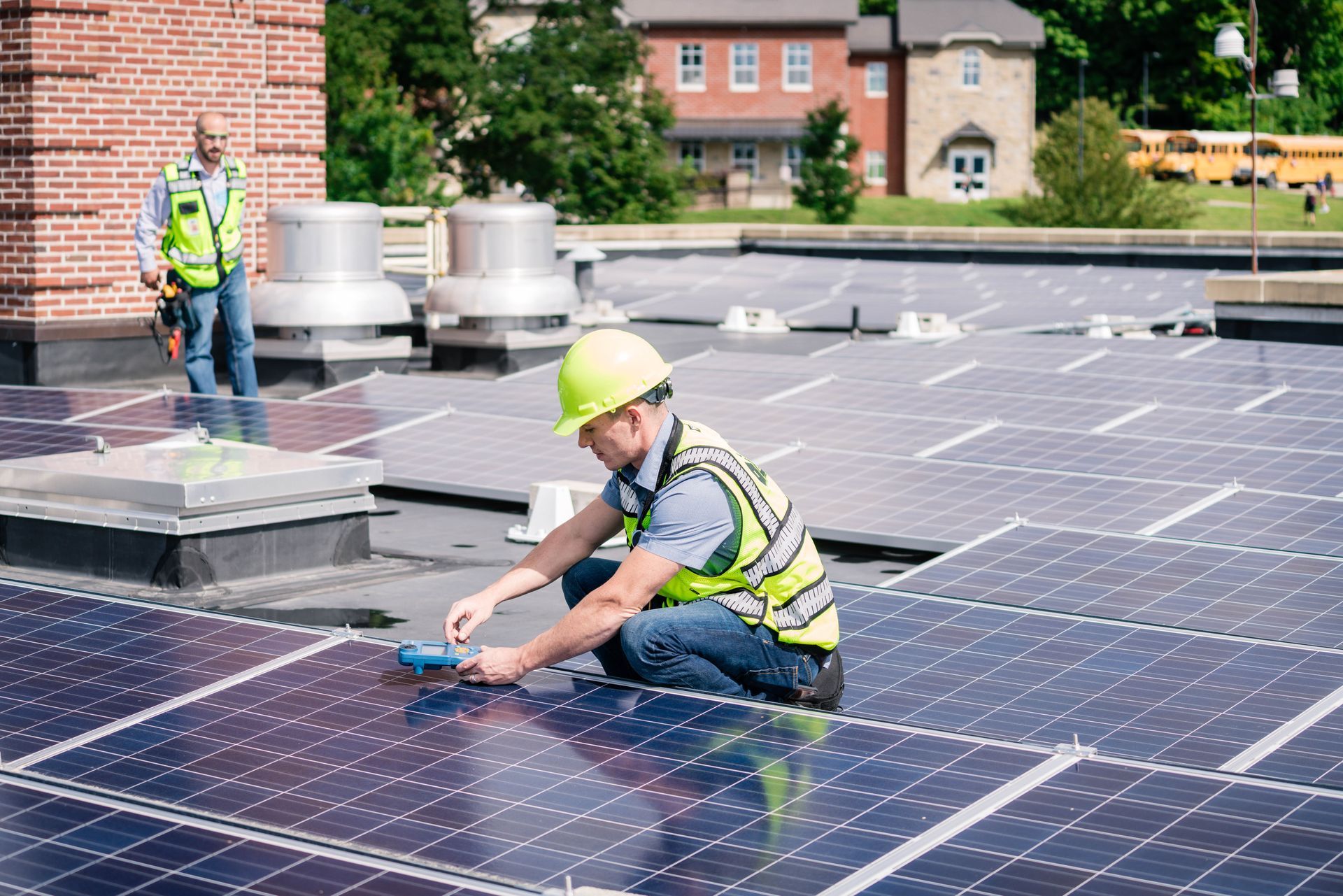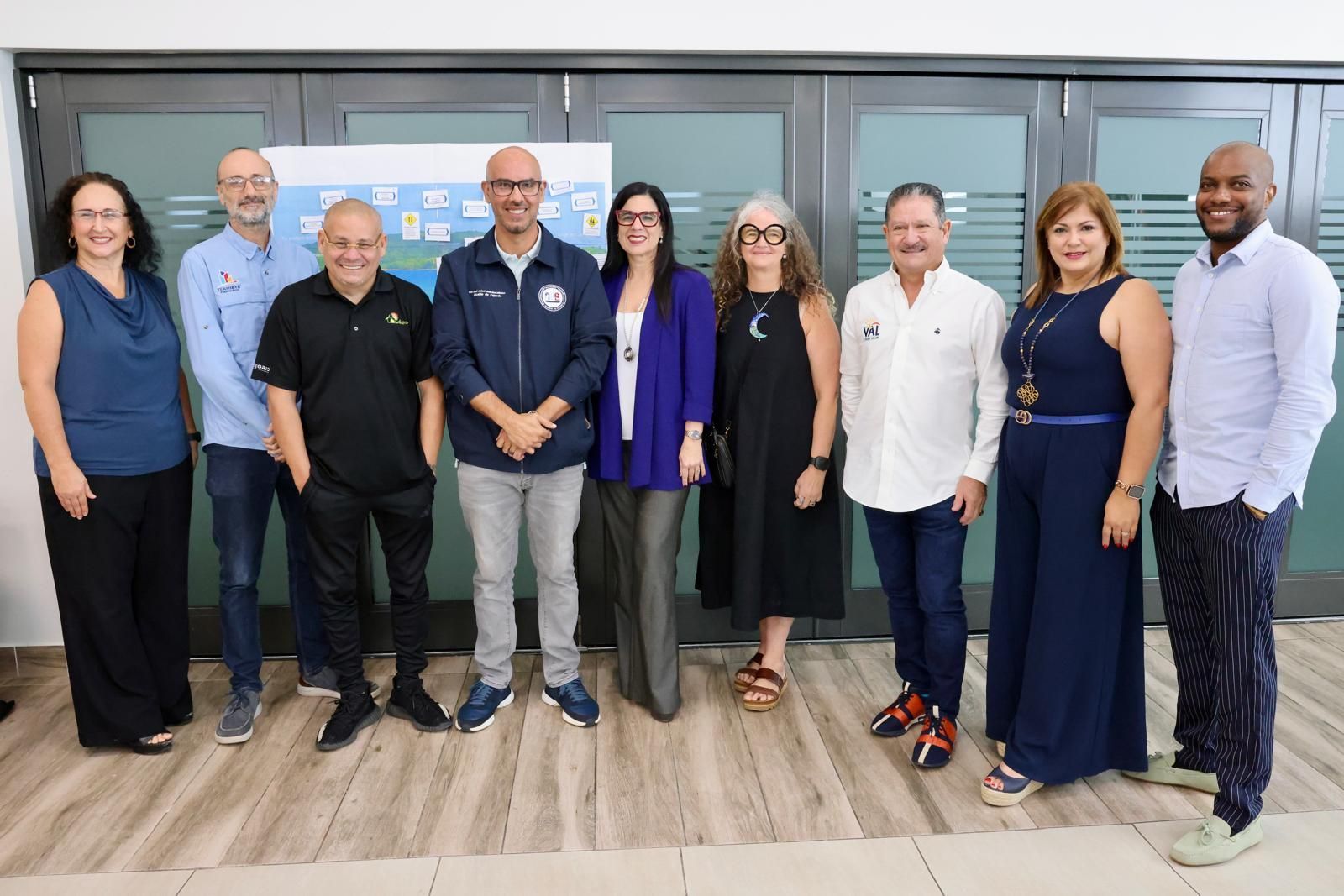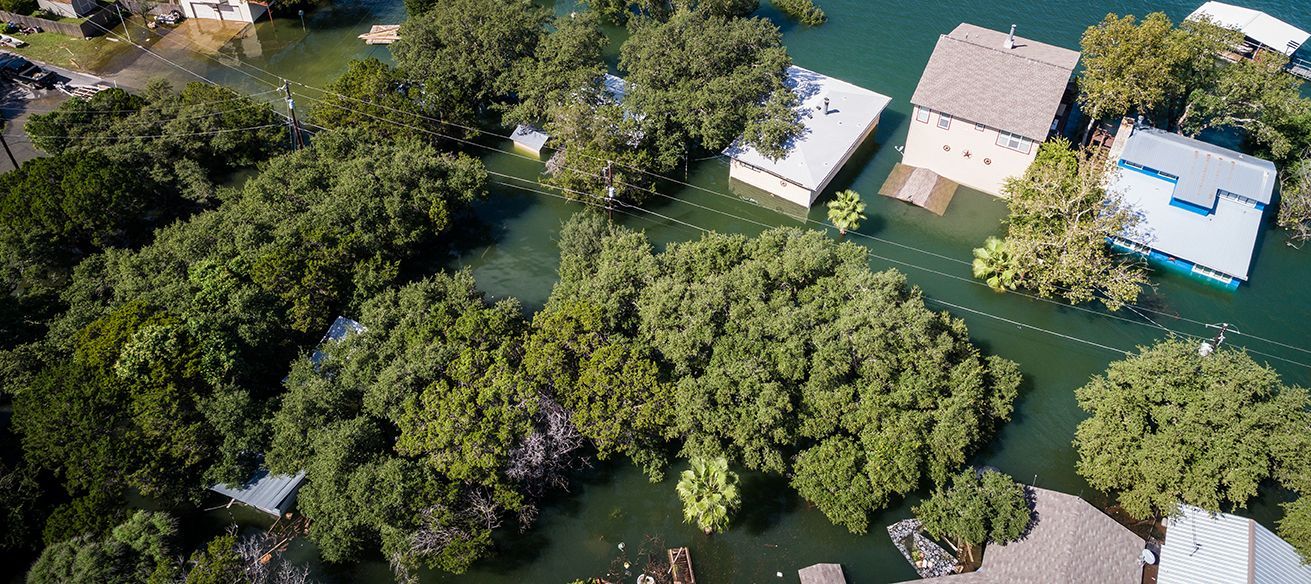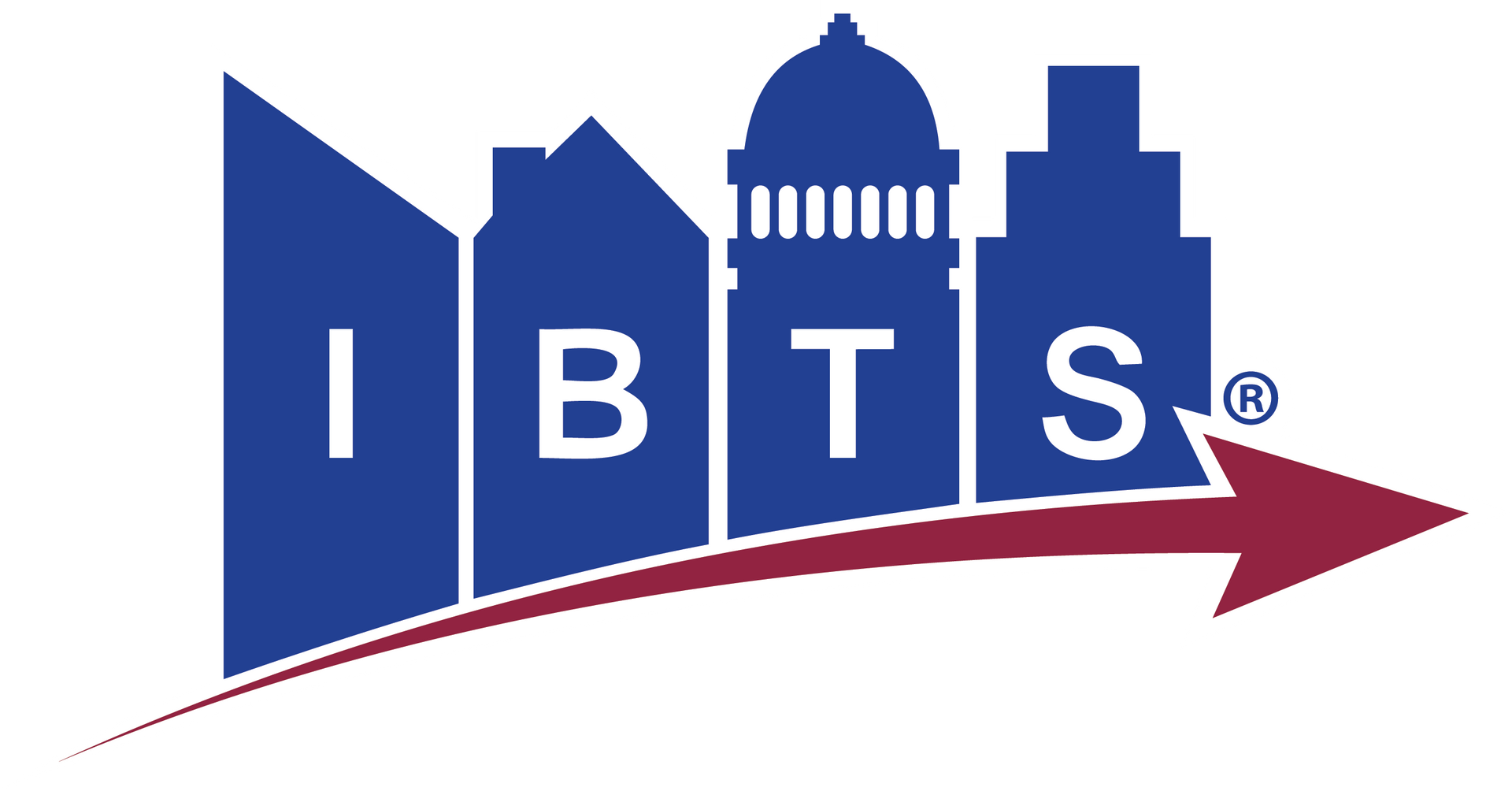Inspecting for Success: Common Deficiencies in Solar PV Installations
Share this article:
Solar photovoltaic (PV) systems can provide significant benefits to homeowners, commercial property owners, and jurisdictions alike by reducing energy costs, contributing to energy security and reliability, reducing pollution, and promoting clean energy. However, improper installation of solar PV systems can result in poor performance or serious safety hazards that undermine these benefits.
For solar companies and jurisdictions responsible for ensuring the quality of solar PV installations, understanding common deficiencies is critical to ensuring optimal energy performance and reducing risks.

As the leading provider of solar quality assurance in the United States, IBTS has collected extensive data from thousands of solar installations nationwide through our Field Inspection Technology Quality Management (FIT-QM) software. Continue reading to learn about the most common installation deficiencies, their impact on solar PV performance and safety, and how to address and prevent these from occurring in your installations.
Issue #1: Improper System Labeling
Proper labeling for PV systems is required by code for good reason. Improper labeling can lack adequate warnings for hazards and create complications for maintenance technicians as well as first responders. Our solar quality experts often encounter issues like illegible or faded labels and those with incorrect values or missing hazard warnings. To avoid these issues, provide your installers with labels that will withstand the environment and ensure they label all components correctly, avoiding handwritten labels.
Issue #2: Wire Management
Proper wire management is essential for ensuring a reliable, safe, and high-performing solar PV system. Yet our data shows that wire management failures occur on 38% of PV projects installed nationwide. Our experts frequently come across low-hanging or poorly managed wires, improper splicing and terminations, extended bend radii, and incorrectly installed connectors during inspections, all of which can compromise safety and performance.
Issue #3: Balance of System Components
Components such as enclosures, penetrations, safety anchors, and conduit connections all help ensure the reliability and lifespan of PV systems by supporting their circuitry, protecting them from environmental exposure, and reducing potential safety risks. Our quality experts cite degraded enclosures and compromised connections as common findings, noting these can lead to vulnerabilities and decreased system performance, safety, and longevity.
Issue #4: System and Equipment Grounding
Proper grounding is essential for PV safety, stability, and reliability, yet it’s common to find systems that do not adhere to grounding standards, such as those with improper conductor identification, disconnected wiring, and module or racking grounding. These issues impact system performance and can put installers, inspectors, contractors, and occupants at risk of electric shock.
Preventing Common Deficiencies through Quality Management
Beyond identifying and addressing these common deficiencies in individual installations, it’s crucial to understand and address root causes that contribute to recurring issues. These vary, but may include insufficient training, guidance, and oversight for new installers; inconsistent company policies and processes; and lack of third-party assessments.
Implementing a structured and systematic quality management (QM) approach can help improve processes at each stage, ensuring consistent and correct installations that prevent costly callbacks and potential liability issues. Contact us to discuss how IBTS can assist with developing a customized QM process for your company.





